PSA FCA: Peugeot owner and Fiat Chrysler approve merger
Conglomerate will be the fourth largest in the world but some fear it may come at the expense of British workers
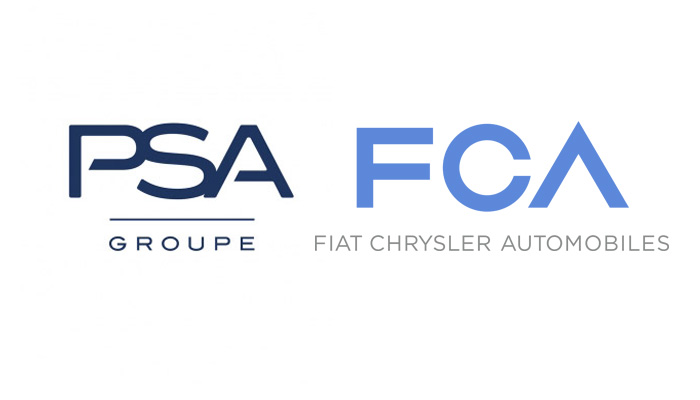
A free daily email with the biggest news stories of the day – and the best features from TheWeek.com
You are now subscribed
Your newsletter sign-up was successful
Peugeot owner PSA Group and Fiat Chrysler Automobiles (FCA) have confirmed a merger that would create one of the world’s largest motoring conglomerates.
The deal, which the companies say will be finalised “in the coming weeks”, will see the firms join forces on a 50/50 basis and lead to one automotive giant worth an estimated £40bn, according to Autocar.
Once combined, the motoring giant will encompass 12 brands. PSA Group owns Peugeot, Citroen, DS and Vauxhall-Opel, while FCA’s stable includes Fiat, Chrysler, Alfa Romeo, Jeep, Lancia, Maserati and Ram.
The Week
Escape your echo chamber. Get the facts behind the news, plus analysis from multiple perspectives.

Sign up for The Week's Free Newsletters
From our morning news briefing to a weekly Good News Newsletter, get the best of The Week delivered directly to your inbox.
From our morning news briefing to a weekly Good News Newsletter, get the best of The Week delivered directly to your inbox.
FCA chief executive Mike Manley said the car giant has “a long history of successful cooperation with PSA Group and I am convinced that together with our great people we can create a world class global mobility company.”
Carlos Tavares, head of PSA Group, said he had been “pleased” by previous collaborations with FCA’s Manley and “will be very happy to work with him to build a great company together”.
Why are the two motoring giants merging?
While it may seem odd that two rival manufacturers would merge, several car companies have announced similar partnerships, albeit to a lesser degree, to spread the high costs of developing electric car technology.
A free daily email with the biggest news stories of the day – and the best features from TheWeek.com
As reported by Auto Express, FCA may use the deal to take advantage of PSA Group’s “newer, and electrified” production platforms. The French motoring giant recently released its first mass-production EV, the Peugeot e-208, and will launch an electric version of the Vauxhall Corsa (Opel Corsa in Europe) early next year.
In return, PSA Group could use FCA’s presence in the US to expand into that market, the motoring magazine says. None of PSA Group’s brands sells models to the American market, but that’s due to change next year when the company plans to launch a few low-volume and sports models in the region.
Finally, Auto Express adds, the sheer scale of the merger would “present new opportunities linked to autonomous and connected vehicle projects”.
What effect will it have on the industry?
When the merger is complete, the car giant will have combined vehicle sales of 8.7 million, with revenues of €170bn (£146bn) and operating profits in excess of €11bn (£9.4bn), according to the Financial Times.
This would elevate the new company above South Korea’s Hyundai-Kia and US motoring giant General Motors in terms of sales, the FT notes. Only the VW Group, Toyota and the Renault-Nissan-Mitsubishi Alliance would edge the new conglomerate.
However, there are fears the merger could lead to cost-cutting measures that may impact Vauxhall jobs in the UK.
Professor David Bailey, from Birmingham Business School, told the BBC that the deal should concern the 3,000 staff at Vauxhall’s facility in Ellesmere Port, Cheshire, as major cost cutting “isn’t going to be achievable without plant closures and significant job cuts”.
Des Quinn, national officer at trade union Unite, added: “Merger talks combined with Brexit uncertainty is deeply unsettling for Vauxhall’s UK workforce which is one of the most efficient in Europe.
“The fact remains, merger or not, if PSA wants to use a great British brand like Vauxhall to sell cars and vans in the UK, then it has to make them here in the UK,” he told the broadcaster.
PSA Group and FCA, however, are adamant that the deal won’t result in any plant closures, Autocar reports.
-
 6 of the world’s most accessible destinations
6 of the world’s most accessible destinationsThe Week Recommends Experience all of Berlin, Singapore and Sydney
-
 How the FCC’s ‘equal time’ rule works
How the FCC’s ‘equal time’ rule worksIn the Spotlight The law is at the heart of the Colbert-CBS conflict
-
 What is the endgame in the DHS shutdown?
What is the endgame in the DHS shutdown?Today’s Big Question Democrats want to rein in ICE’s immigration crackdown
-
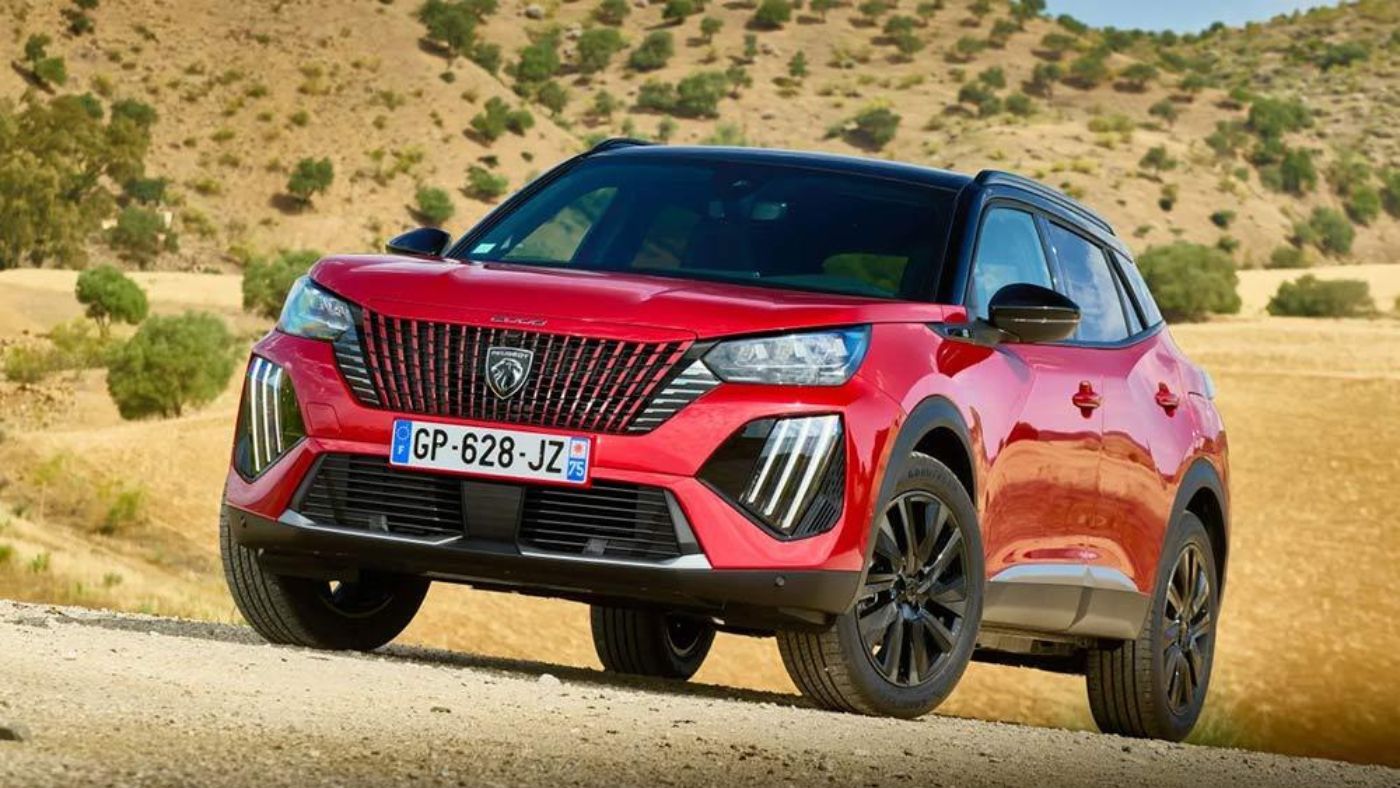 2023 Peugeot e-2008 review: what the car critics say
2023 Peugeot e-2008 review: what the car critics sayThe Week Recommends This small electric crossover has a ‘sophisticated feel’ and a bigger battery than the original
-
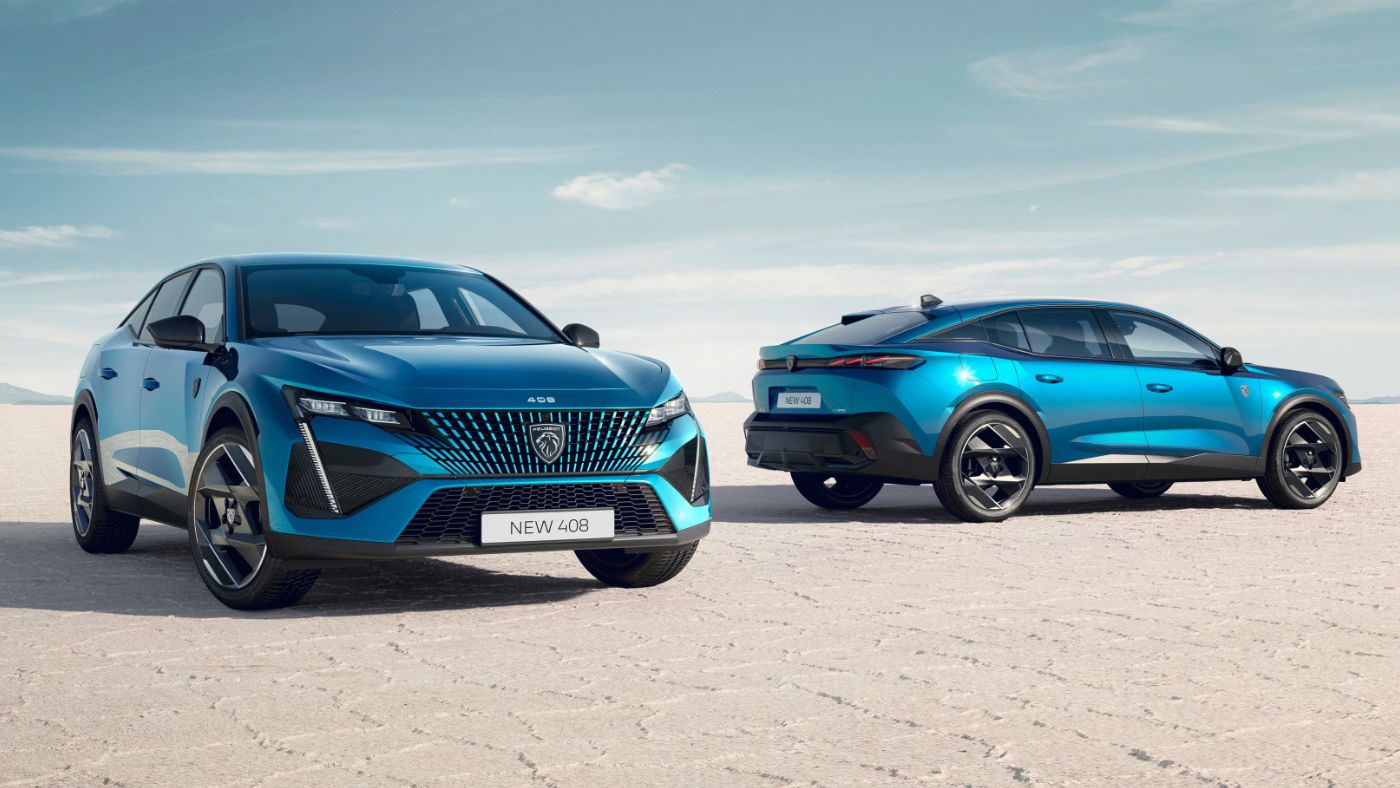 Peugeot 408 review: what the car critics say
Peugeot 408 review: what the car critics sayThe Week Recommends Peugeot has come up with something different with this chic crossover SUV
-
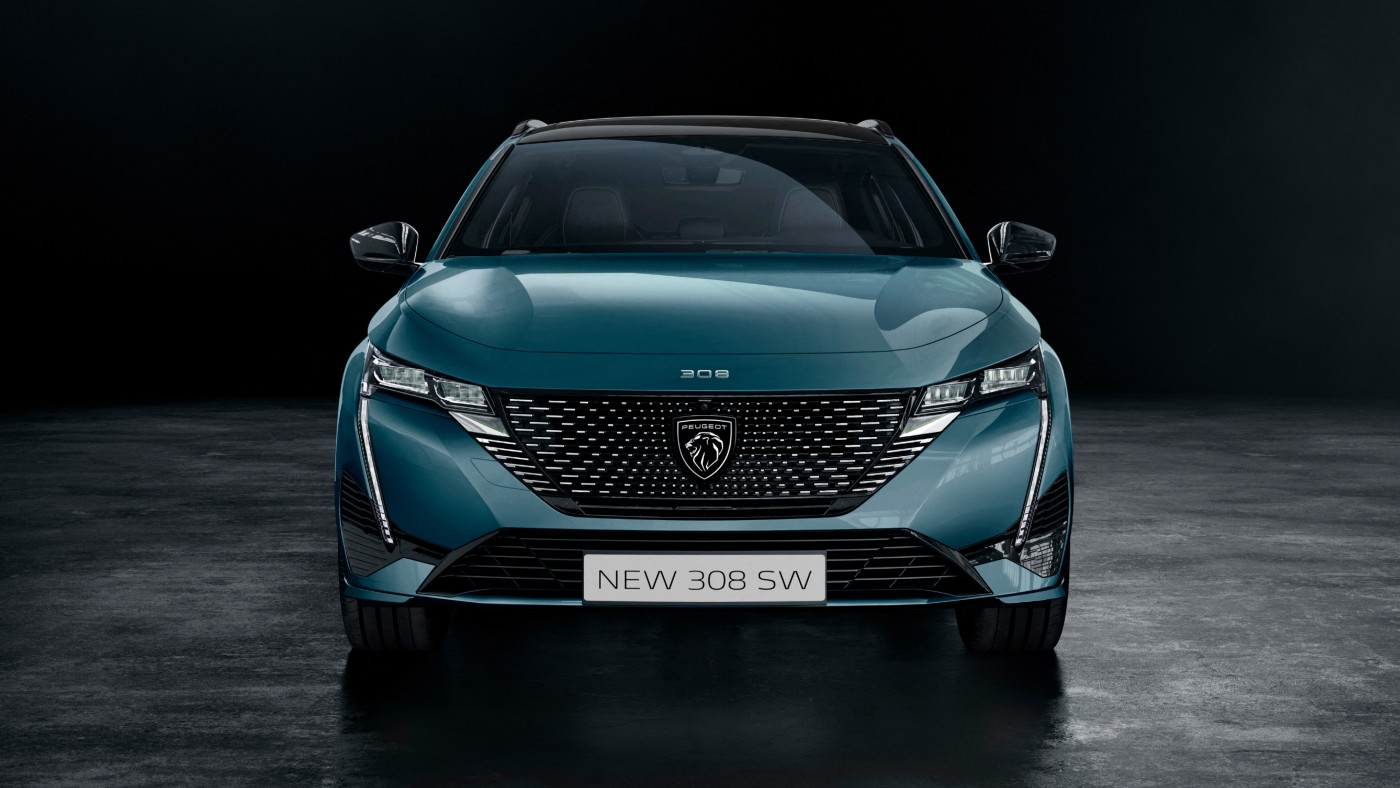 Peugeot 308 SW review: what the car critics say
Peugeot 308 SW review: what the car critics sayfeature The third-generation 308 SW has petrol, diesel and two plug-in hybrid options
-
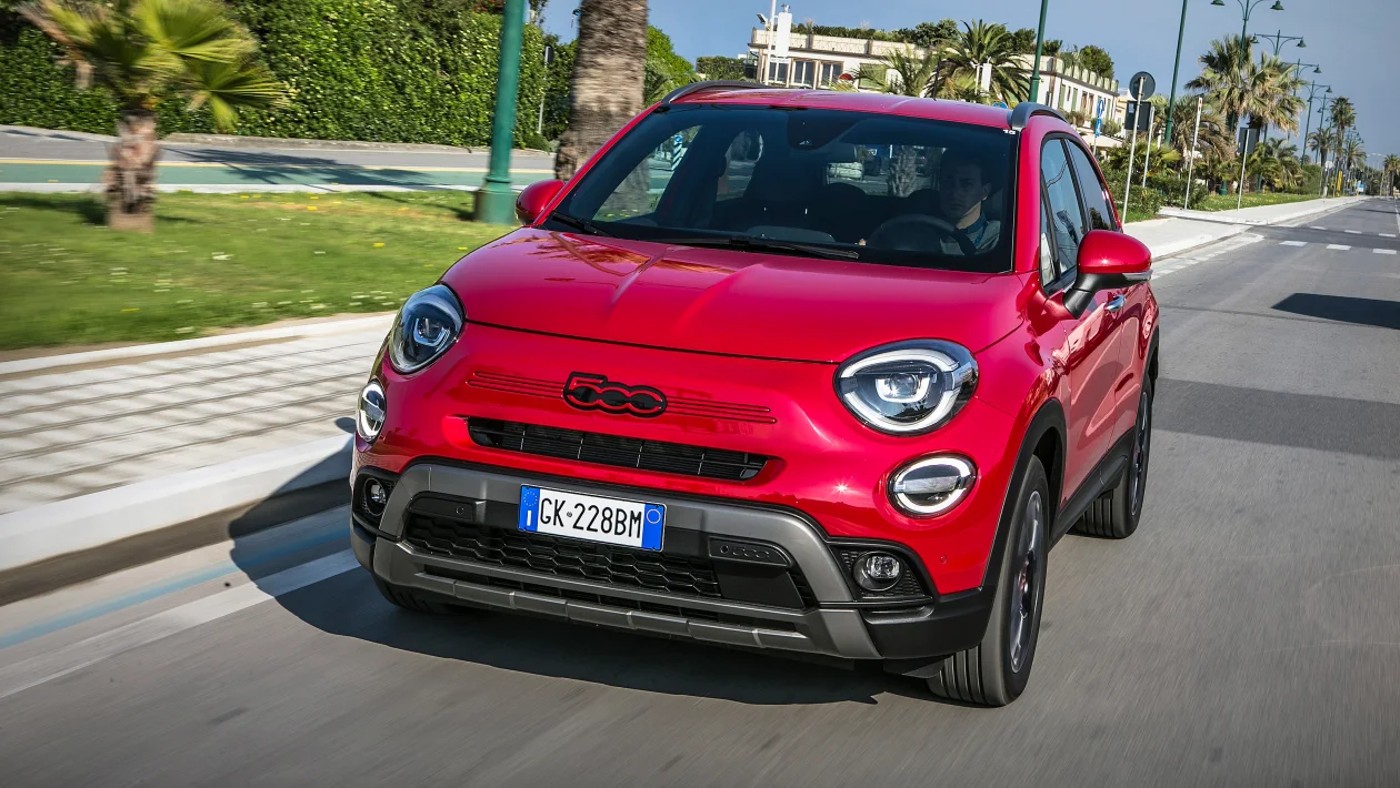 Fiat 500X Hybrid review: what the car critics say
Fiat 500X Hybrid review: what the car critics sayfeature Fiat has given the 500X an injection of battery power
-
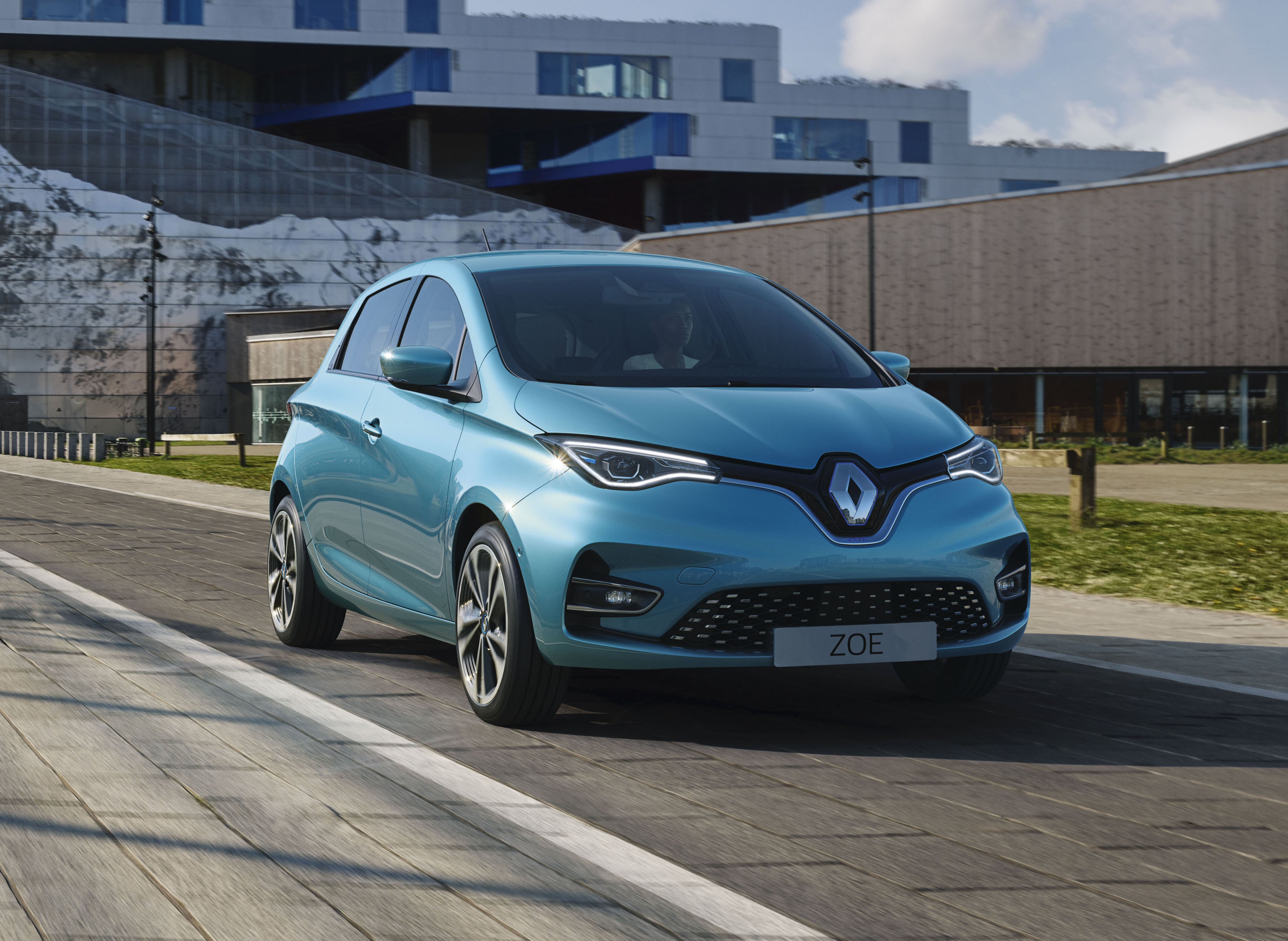 Renault Zoe 2019 reviews: still the best electric city car on the market?
Renault Zoe 2019 reviews: still the best electric city car on the market?The Week Recommends French carmaker ups its game with improved battery range and hi-tech cabin
-
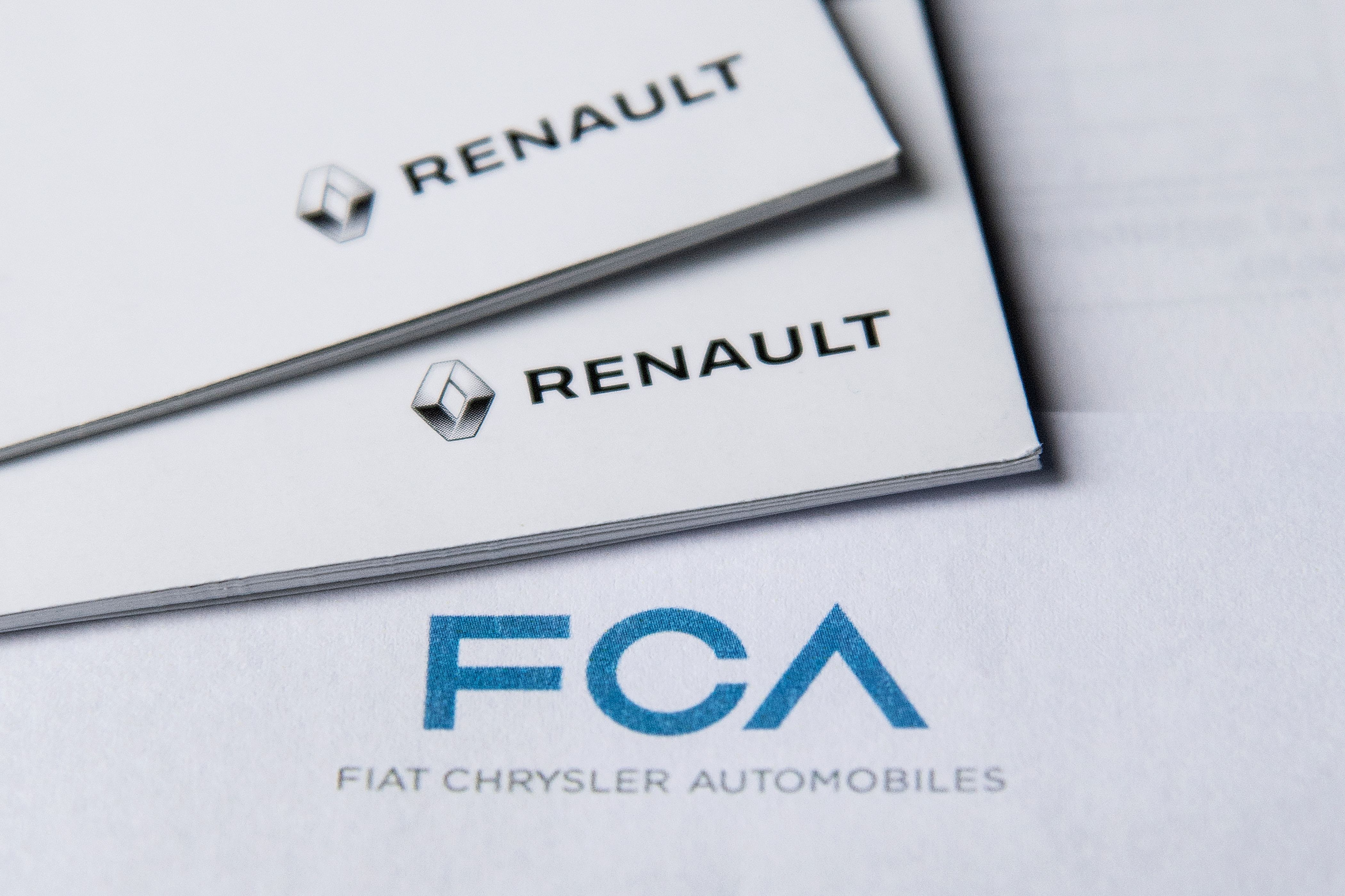 FCA-Renault merger: deal collapses following French government intervention
FCA-Renault merger: deal collapses following French government interventionIn Depth The tie-up would have created the largest motoring group in the world
-
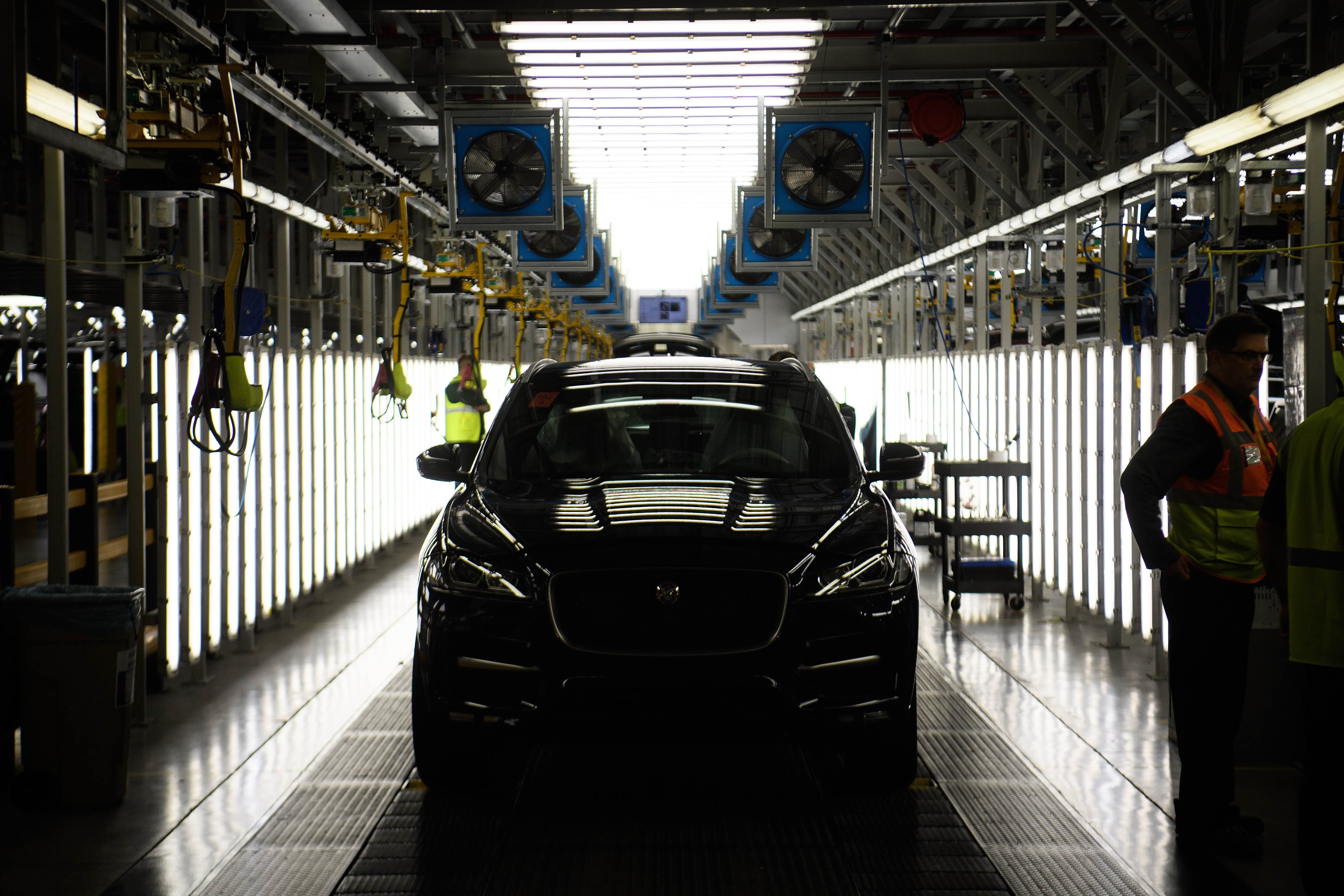 PSA takeover of Jaguar Land Rover: would it strengthen the British carmaker?
PSA takeover of Jaguar Land Rover: would it strengthen the British carmaker?In Depth Leaked documents suggest a merger is ‘imminent’
-
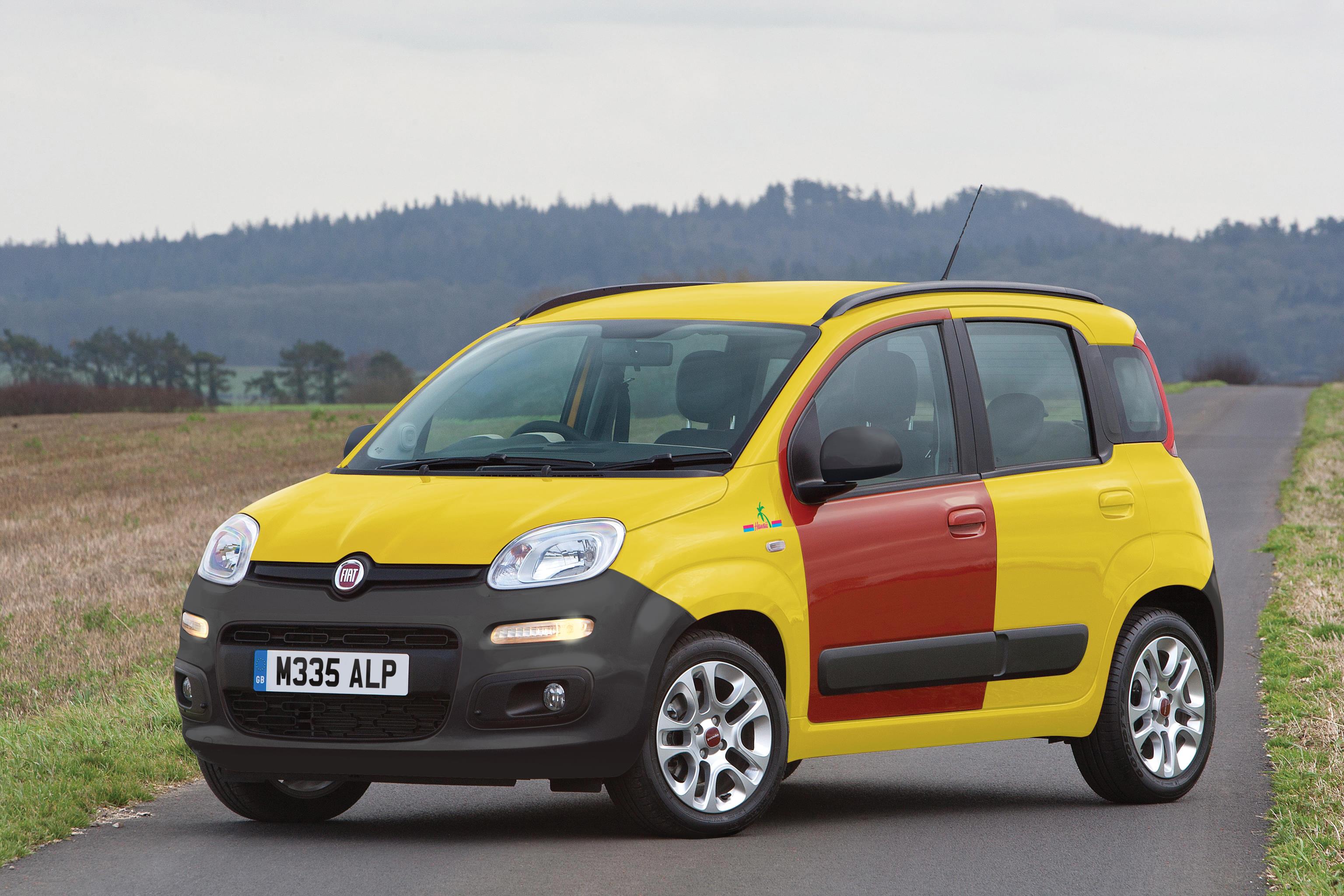 April Fools’ Day: the best and worst car spoof stories
April Fools’ Day: the best and worst car spoof storiesIn Depth From the plausible to the ludicrous, here’s how the motoring world is trying to prank drivers